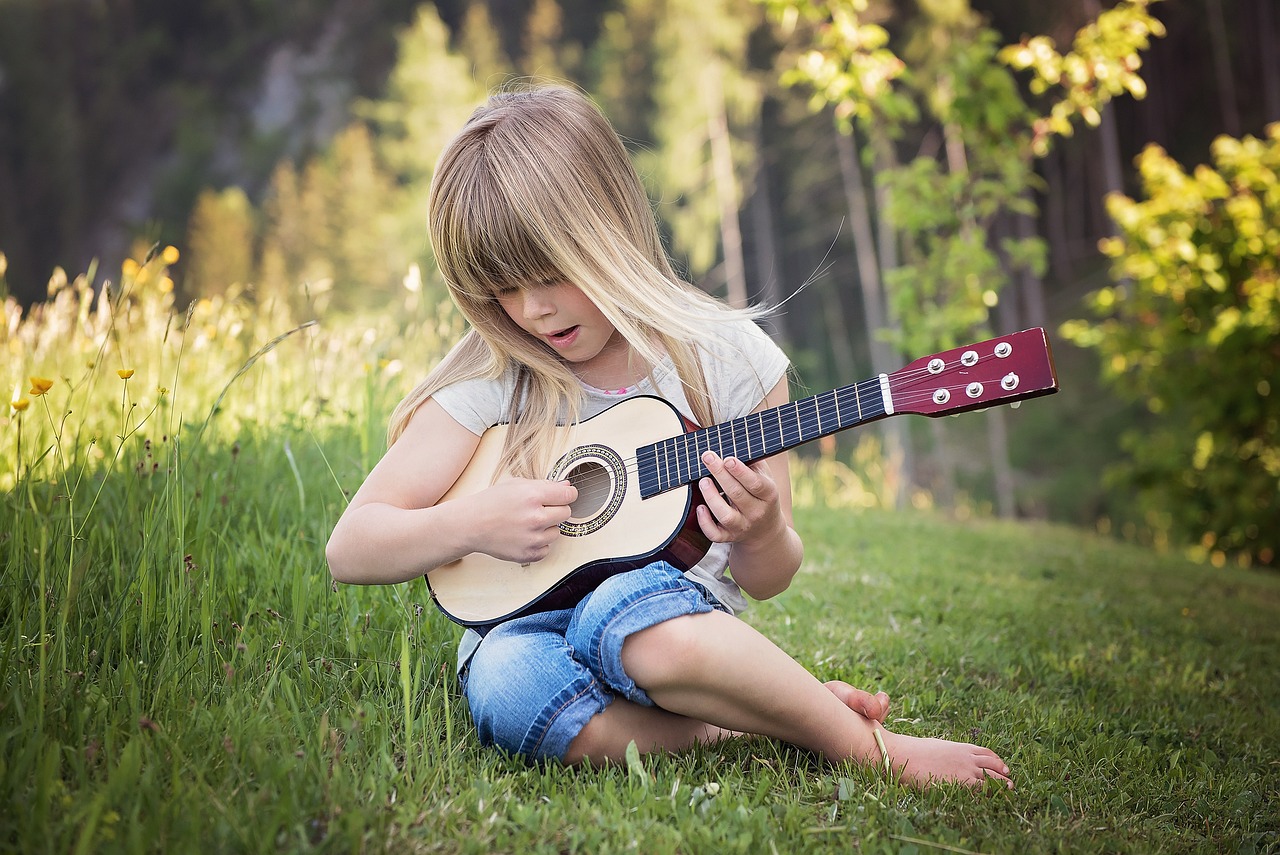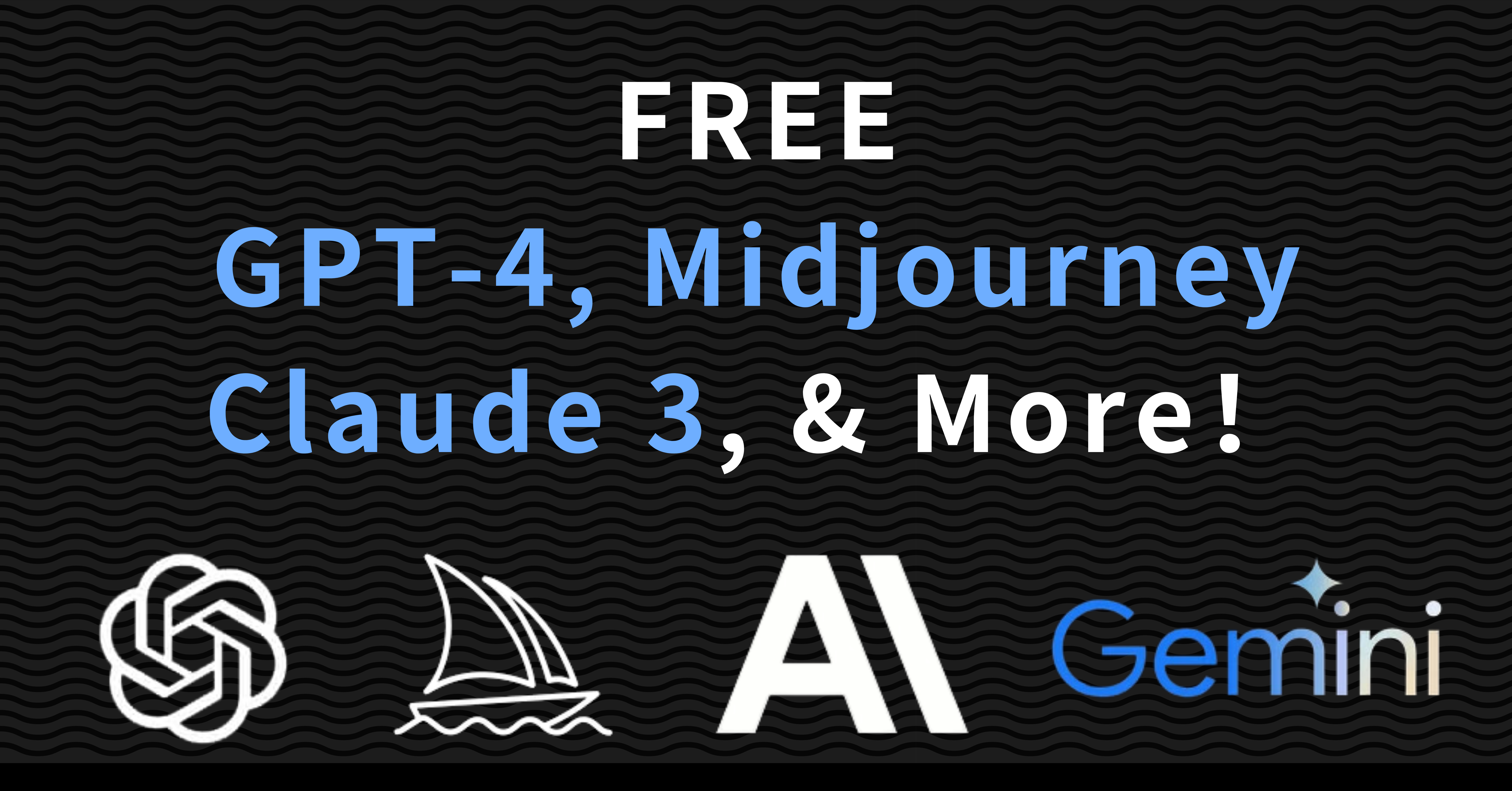Unleashing Creativity with AI: Exploring Modern Music Generation Tools

The Rise of AI in Music Creation
In the rapidly evolving world of technology, Artificial Intelligence (AI) has carved a niche in the music industry, revolutionizing how music is composed, produced, and experienced. AI music generators are not just tools; they are becoming integral partners in the creative process, enabling artists and producers to explore new sonic territories and personalize music experiences. From AI composition software to digital orchestras and virtual music conductors, the landscape of music is transforming, ushering in a new era of digital music creation.
AI Music Generators: The New Frontier in Composition
AI music generators such as Beatoven.ai, Soundful, Ecrett, and Soundraw are at the forefront of this revolution. These platforms use sophisticated algorithms to generate music that can rival compositions created by human musicians. Beatoven.ai, for instance, offers personalized tracks tailored to the specific emotional tone or style requested by the user. This tool allows for a high degree of customization, making it a favorite among video producers looking to create unique soundtracks for their content.
Beatoven.ai: Visit Beatoven.ai
Soundful: Explore Soundful
Ecrett: Discover Ecrett Music
Soundraw: Try Soundraw
GlobalGPT and Free Music Creation Tools
Expanding the accessibility of music creation, GlobalGPT and various free music creation tools have democratized music production. These tools enable users from all over the world to create music without the need for expensive equipment or extensive musical training. They leverage AI to provide a platform where creativity meets technology, making music creation more inclusive and accessible.

Pay-as-You-Go:
Top Up from Just $1 Balance Never Expires
All-in-One: Access All Models in One Place
AI Total Data Privacy
Unlimited Usage Limitation
Accepts Fiat and Crypto Payments
Digital Orchestra and Virtual Music Conductor
The concept of a digital orchestra represents a significant leap in AI music applications. Here, AI acts as a virtual music conductor, orchestrating multiple instruments and layers to produce harmonious compositions that could traditionally only be achieved by human orchestras. This not only enhances the production process but also provides a scalable solution for creating complex musical pieces.
Personalized Tracks and Music Customization
AI's ability to customize music based on individual preferences or specific requirements is perhaps one of its most compelling features. Personalized tracks are increasingly being used in various applications such as games, movies, and marketing campaigns, where tailored audio enhances the overall impact and engagement of the content.
AI Composition and Creative AI Applications
AI composition tools are pushing the boundaries of creativity. They are not only used for creating music but are also being integrated into broader creative AI applications. For example, AI can now generate music based on visual inputs or narrative contexts, adding a layer of depth and interactivity to multimedia projects.
Considerations on AI Music Copyright
As AI-generated music becomes more prevalent, copyright considerations are crucial. Understanding the legal implications and ensuring proper licensing and credit for AI-generated content are essential for maintaining ethical standards in the creative industry.
Looking Forward: The Future of AI-Driven Music
The integration of AI in music is not just about automating composition; it's about opening up new creative possibilities and reshaping the music industry. As AI technology continues to evolve, its influence on music creation is expected to grow, leading to more innovative and customized musical experiences.
Conclusion: Harmonizing Technology and Creativity
AI music generators and digital orchestration tools are more than just technological advancements; they are catalysts for creative expression. They bridge the gap between technology and art, enabling musicians and producers to explore new horizons in music creation. As we move forward, the synergy between AI and music is set to redefine what's possible in the realm of musical creativity.
See Also
Free Mastery of Claude 3 Opus: An In-Depth Manual
Free Access to GPT-4: A Detailed Tutorial
AI Empowerment: Unleashing the Potential of ChatGPT
